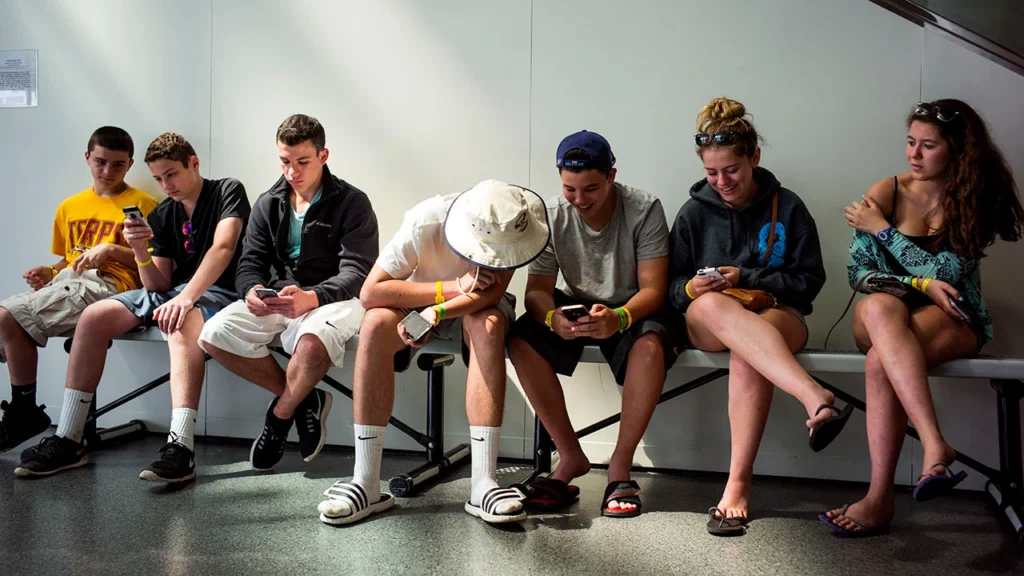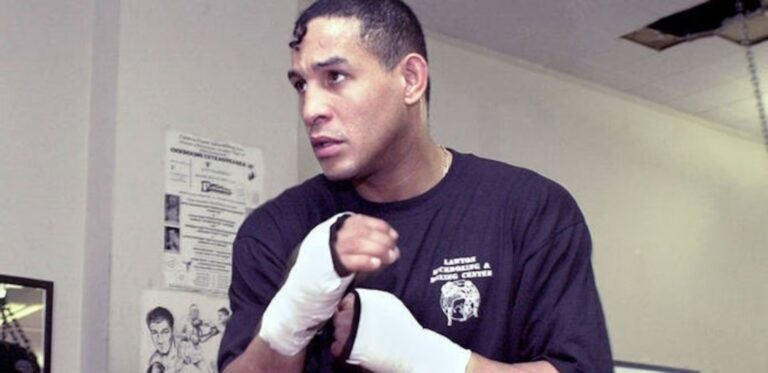20 years ago, it was the adults betting on pee wee and high school leagues. ESPN reported in 2011 that “…bigger bets often take place before the games. The ones that are out there at the games, they’re just out there freelancing. They’re just trying to get a bet. But behind the scenes, those are the ones that are scary.”
Years later, it’s the kids, with the help of gambling apps, who happen to be the big-time betters. In recent years, the rise of online sports betting has made it easier than ever for individuals to place bets on their favorite sports teams and games. Unfortunately, this accessibility has also led to a growing trend among high school students who are participating in sports betting, often with serious consequences.

Results of a study that the NCAA commissioned found that 57 percent of male student-athletes and 39 percent of female student-athletes reported gambling in some form during the past year
One notable difference between student-athletes and their peers is that student-athletes tend to be drawn to sports wagering at higher rates. This is not surprising, given their background and interest in sports. However, for student-athletes, wagering on sports can have negative consequences even if the behavior is not classified as excessive or pathological.
According to a recent study, nearly 10% of high school students have reported participating in sports betting in the past year. This is a concerning statistic as many of these students are still minors and not legally allowed to gamble. Moreover, sports betting can have a negative impact on their mental and financial well-being.
One of the reasons for the popularity of sports betting among high schoolers is the perception that it is a harmless and exciting way to make money. However, the reality is often far from this idealized image. Many students who participate in sports betting end up losing money, which can lead to financial stress and even debt.
Keep in mind, online sports betting is highly regulated but students are finding proxies to make bets for them online with their own ID.
While most student-athlete sports wagering occurs solely among friends and teammates, many are now placing bets with online sites or using bookmakers. Unlike other more publicized addictive behaviors (for example, alcohol, drug abuse, and tobacco consumption), gambling problems often go undetected.

Furthermore, sports betting can also have a negative impact on a student’s mental health. The thrill of betting on a game can quickly turn into anxiety and stress as they wait for the outcome. The pressure to win can also lead to impulsive and irresponsible betting habits, which can further exacerbate their financial and mental health problems.
It is important for educators, parents, and community leaders to educate young people about the dangers of sports betting. By promoting responsible gambling habits and helping students understand the risks involved, we can work to prevent the spread of this growing trend.
Identifying the college-age problem gambler may be more challenging today because much of it occurs online. However, two-thirds of student-athletes feel their teammates are aware when a team member is gambling. They also claim that the coach has a substantial impact on tolerance for gambling habits as well as on encouraging team members to intervene when a teammate requires assistance. Athletic department employees, such as athletic trainers and coaches, are in a unique position to watch and engage with student-athletes on a regular basis, and they may help refer student-athletes for appropriate assistance if such a need arises.
Overall, sports betting among student-athletes is a concerning trend that has serious consequences. By educating young people and promoting responsible gambling habits, we can help to prevent the spread of this dangerous trend and protect the well-being of our students.














